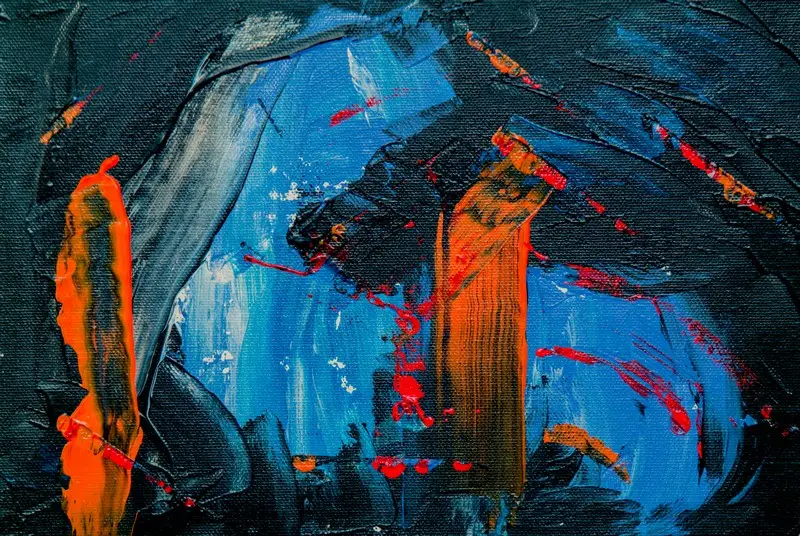Table of Contents
- Introduction to György Lukács
- Early Life and Intellectual Formation
- Lukács’s Major Works
- Lukács and Critical Theory
- Lukács and Sociology
- Critiques and Controversies
- Relevance Today
- Conclusion
Introduction to György Lukács
György Lukács, a seminal figure in 20th-century Marxist thought, remains an influential name in sociology, philosophy, and literary criticism. Born in Hungary in 1885, Lukács was a philosopher who bridged classical Marxism with modern critical theory. His work, characterized by its depth and innovative application of Marxist principles, provides invaluable insights into the structure of society, the dynamics of class struggle, and the role of culture in shaping human consciousness.
Lukács’s career spanned periods of immense social and political upheaval, which profoundly shaped his ideas and methodologies. From his early years immersed in literature and philosophy to his later political engagements, his intellectual trajectory reflects a commitment to understanding and transforming society. This article explores Lukács’s life, his most influential works, and his enduring impact on sociology and related disciplines. By understanding his theoretical contributions, we gain not only historical knowledge but also tools for critically analyzing contemporary social phenomena.
Early Life and Intellectual Formation
Lukács’s Formative Years
Lukács was born into a wealthy Jewish family in Budapest, Hungary, in 1885. His privileged upbringing exposed him to the cultural and intellectual currents of late 19th-century Europe. From an early age, Lukács exhibited a keen interest in literature and philosophy, which led him to pursue studies in law and philosophy at universities in Hungary and Germany.
During his time in Germany, Lukács encountered prominent intellectuals such as Georg Simmel and Max Weber. These interactions profoundly influenced his thinking, particularly in areas concerning modernity, culture, and the nature of social relations. At this stage, his work primarily focused on aesthetics and literary criticism, laying the foundation for his later, more explicitly political endeavors.
Conversion to Marxism
The outbreak of World War I and the revolutionary fervor that followed were turning points in Lukács’s life. Witnessing the devastation wrought by capitalism and imperialism, he began to see Marxism as a coherent framework for understanding and addressing societal contradictions. His exposure to the works of Karl Marx and Friedrich Engels inspired him to shift his focus from abstract aesthetics to the material and historical conditions underpinning human existence.
Lukács’s conversion to Marxism was not merely theoretical; it was deeply practical. He joined the Hungarian Communist Party and briefly served as a government official during the Hungarian Soviet Republic of 1919. Although this revolutionary experiment was short-lived, it marked the beginning of his lifelong commitment to Marxist thought and practice.
Lukács’s Major Works
History and Class Consciousness
Published in 1923, History and Class Consciousness is widely regarded as Lukács’s most significant work. The book provides a sophisticated analysis of capitalist society and offers theoretical tools for revolutionary praxis.
Reification
A cornerstone of History and Class Consciousness is the concept of reification. Lukács argued that in capitalist societies, social relations are transformed into relations between commodities, leading to a distortion of human consciousness. Reification is not merely an economic phenomenon but also a cultural and ideological one. It obscures the social origins of economic systems, making them appear natural and unchangeable.
This idea has profound implications for sociology, as it highlights how capitalist ideology perpetuates inequality by normalizing exploitative relationships. Reification also explains why individuals often fail to recognize the structural forces shaping their lives, an insight that remains relevant in analyses of modern consumer culture and neoliberalism.
Class Consciousness
Lukács’s exploration of class consciousness builds on Marx’s distinction between “class in itself” and “class for itself.” According to Lukács, the proletariat’s potential for revolutionary action depends on its ability to achieve self-awareness as a class. This requires moving beyond immediate economic interests to a broader understanding of historical processes and their role within them.
Lukács’s emphasis on class consciousness underscores the transformative power of collective action. He argued that only through a unified, self-aware proletariat could capitalism be overthrown and a socialist society established. This perspective continues to inform debates on social movements and political organizing.
The Theory of the Novel
Although written before his Marxist turn, The Theory of the Novel remains an essential part of Lukács’s intellectual legacy. The book examines the relationship between literature and society, focusing on how different historical epochs shape literary forms.
Lukács argued that the novel emerged as a response to the fragmentation and alienation of modernity. Unlike earlier literary forms, which reflected a harmonious world, the novel captures the disintegration of traditional values and the individual’s struggle for meaning. This analysis provides valuable insights into the cultural dimensions of social change, highlighting literature’s role in reflecting and critiquing societal contradictions.
Later Works
In his later years, Lukács revisited aesthetics and literary criticism, producing significant studies on realism and modernism. He championed realism as a literary mode capable of revealing the underlying structures of society, contrasting it with modernist techniques, which he viewed as fragmented and alienating.
While some critics argue that Lukács’s later works lack the radical edge of History and Class Consciousness, they offer a comprehensive exploration of culture and ideology. His analyses of art and literature continue to influence debates on the social functions of culture.
Lukács and Critical Theory
Influence on the Frankfurt School
Get the full article AD FREE. Join now for full access to all premium articles.
View Plans & Subscribe Already a member? Log in.





